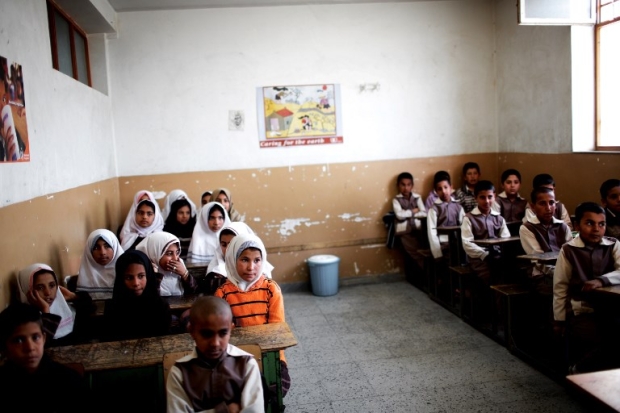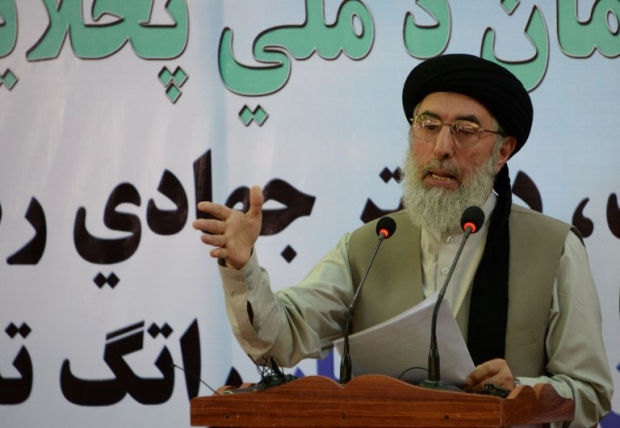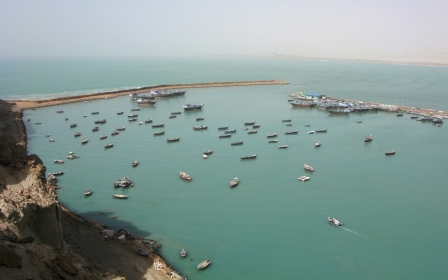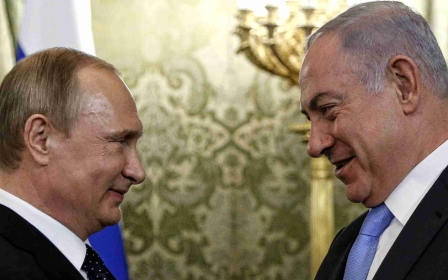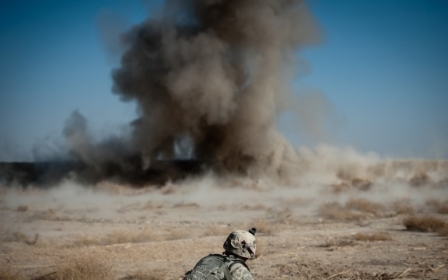Advantage Tehran: Trump's Afghan strategy shift presents an opportunity for Iran
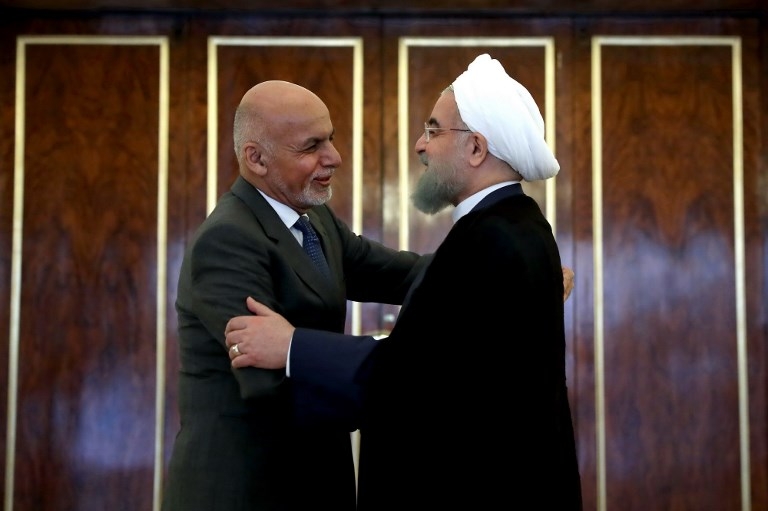
The highly publicised shift in US strategy in Afghanistan announced late last month has raised more questions than answers. On the face of it, it appears to be more of the same, injecting more American troops into a conflict that defies a military solution.
With credible reports indicating that much of the 4,000 new troops being sent to Afghanistan are comprised of elite paratroopers of the 82nd Airborne Division and the 25th Infantry Division, the stage has been set for a significant escalation to the long-running Afghan war.
The Islamic Republic faces an uphill task in unseating Pakistan as the dominant foreign power in Afghanistan
The American strategy appears to rest on the premise of inflicting sufficient pain on the Taliban with a view to removing their advantage in any future peace talks. But as ever in Afghanistan, this latest twist in the American strategy has to reckon with the reactions of Afghanistan’s neighbours, notably Pakistan and Iran.
With indications that the limited US troop surge – to be backed up with significant firepower – is designed, in part, to apply greater pressure on Pakistan to cut ties with the Taliban and other militant groups, Iran potentially stands to benefit.
Unlike Pakistan, Iran is far less invested in the Afghan insurgency and, by extension, does not seek to fundamentally alter the political process in Kabul. While Iran is not happy with an extended American military presence in Afghanistan, the key challenge to the Islamic Republic will be to contain the influence of pro-Pakistani elements in the Afghan establishment.
Iran’s long game
The management of the fallout from the conflicts in Afghanistan since the Soviet invasion of December 1979 has been one of Iran’s key strategic preoccupations. Inside Afghanistan, Iran’s main concern has been to contain Pakistani ambitions and to protect Afghanistan’s Shia minority.
While Pakistan’s natural allies in Afghanistan are Pashtun nationalists, Iran is naturally drawn toward other ethnic and cultural groups, notably the Farsi-speaking Tajiks. It was in this context that Iran formed a strong bond with the United Islamic Front for the Salvation of Afghanistan (popularly known as the Northern Alliance), formed after sweeping Taliban advances in 1996, and the group's leader, Ahmad Shah Massoud, who was assassinated in 2001 days before the 9/11 attacks.
Inevitably, four decades of conflict in neighbouring Afghanistan have significantly impacted Iran’s domestic politics, principally in the form of demographic changes in Iran’s eastern regions. Iran has hosted millions of Afghan refugees fleeing from both the direct and indirect consequences of the conflict.
In fact, beginning with the American-led intervention in Afghanistan in October 2001, Iran has slowly reappraised its approach in Afghanistan in order to make it genuinely strategic both in terms of comprehensiveness and sustainability. The Islamic Republic has learned important lessons from the 1990s when it effectively lost a proxy war with Saudi Arabia in Pakistan, largely as a result of Pakistan's support of the Taliban.
Based on the understanding that Pakistan has a comprehensive and sustainable Afghan strategy – centred on empowering the Pashtuns – Iran has set out to methodically address the weaknesses in its own approach. The qualified engagement with the Taliban, which according to some reports even extends to the transfer of Russian weapons to the militant group, must be seen in this context.
Marginalising Pakistan
The shift in American strategy in Afghanistan unfolds against a backdrop of unprecedented foreign involvement in the conflict. Besides Iran and Pakistan, three other major powers - Russia, India and China - have stepped up their engagement with Afghanistan.
While the Iranian position is, in some respects, aligned with Russia and India (less so with China which is close to Pakistan), Tehran will be capitalising on cultural and religious proximity with its Afghan neighbour – in addition to more than three decades of careful influence building - to seize an advantage over all the competing powers in Afghanistan.
Tehran will be capitalising on cultural and religious proximity with its Afghan neighbour to seize an advantage over all the competing powers in Afghanistan
Another key concern of the Islamic Republic will be to check Afghan president Ashraf Ghani’s apparent drift toward anti-Iranian elements, as demonstrated by the latter’s rapprochement with multiple factions of the Hezb-i Islami group. Historically, Hezb-i Islami has been close to Pakistan, therefore its political advance in Kabul will be interpreted in Tehran as a win for Pakistani influence.
Tehran’s fears are compounded by the increasingly anti-Iranian positions of former Afghan prime minister and Hezb-i Islami founder and leader Gulbuddin Hekmatyar, including a recent interview in which he demanded that Iran desist from “interfering” in Afghanistan’s internal affairs.
Hekmatyar’s incendiary interview comes on the heels of an intensifying dispute over shared water resources centred on the Helmand river. In early July, Afghan officials reacted strongly to Iranian president Hassan Rouhani’s criticism of Afghanistan’s dam projects. Failure to resolve this dispute will embolden anti-Iranian elements in Kabul.
Conventional inter-state disputes and the resilience of anti-Iranian elements in Kabul demonstrate that the Islamic Republic faces an uphill task in unseating Pakistan as the dominant foreign power in Afghanistan.
- Mahan Abedin is an analyst of Iranian politics. He is the director of the research group Dysart Consulting.
The views expressed in this article belong to the author and do not necessarily reflect the editorial policy of Middle East Eye.
Photo: A handout picture provided by the office of Iranian President Hassan Rouhani on 5 August 2017, shows him (R) meeting Afghan President Ashraf Ghani in Tehran (AFP)
Middle East Eye propose une couverture et une analyse indépendantes et incomparables du Moyen-Orient, de l’Afrique du Nord et d’autres régions du monde. Pour en savoir plus sur la reprise de ce contenu et les frais qui s’appliquent, veuillez remplir ce formulaire [en anglais]. Pour en savoir plus sur MEE, cliquez ici [en anglais].



